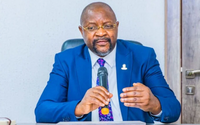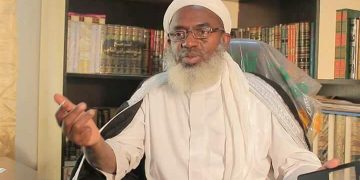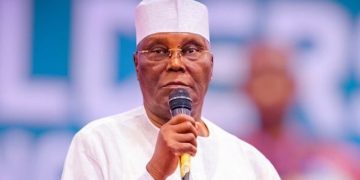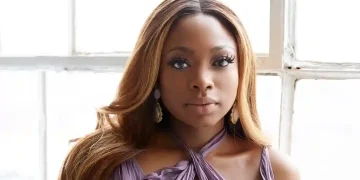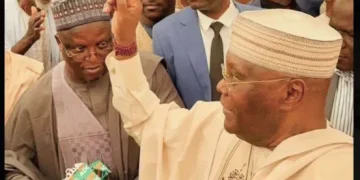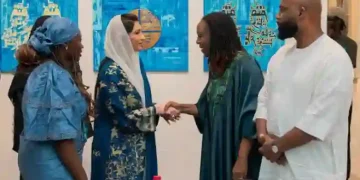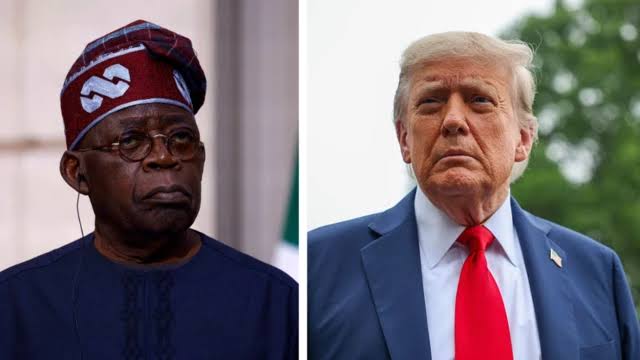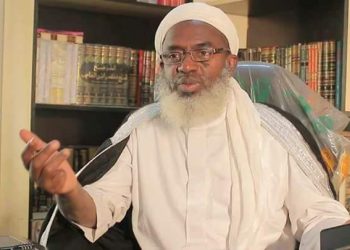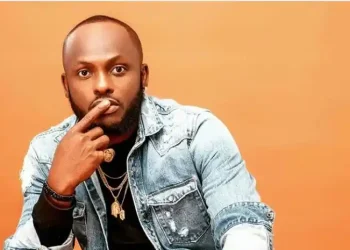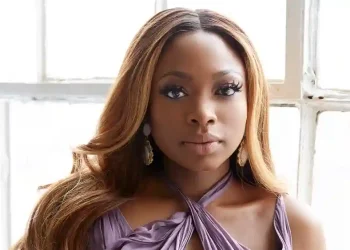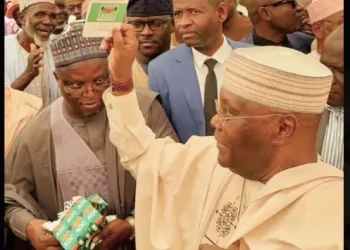In what is shaping up to be a defining diplomatic encounter, President Bola Ahmed Tinubu and U.S. President Donald Trump are preparing to meet in the coming days — a meeting expected to take place either at Nigeria’s State House in Abuja or the White House in Washington.
The conversation, according to sources close to both leaders, will centre on deepening counterterrorism cooperation and global security coordination — but beneath that, it will also test how both men navigate faith, politics, and perception in the post-pandemic security order.
Daniel Bwala, the Media Aide to President Tinubu, confirmed the planned engagement in a statement that underscored both leaders’ shared determination to combat terrorism and violent extremism. “Both President @officialABAT and President @realDonaldTrump have shared interest in the fight against insurgency and all forms of terrorism against humanity,” Bwala said, describing their alignment not as convenience, but conviction.
The announcement followed Trump’s recent decision to designate Nigeria as a “country of particular concern” — a move that stirred quiet anxiety in Abuja and triggered diplomatic recalibration in Washington. The label, typically reserved for nations accused of tolerating religious persecution, instantly became a test of Nigeria’s image on the global stage.
In response, Bwala reframed the narrative, describing the upcoming Tinubu–Trump dialogue as a “clarifying moment.” “As for the differences as to whether terrorists in Nigeria target only Christians or in fact all faiths and no faiths, the differences, if they exist, would be discussed and resolved by the two leaders when they meet,” he stated.
For Bwala, the issue is not merely semantic — it is about shaping how the world interprets Nigeria’s decade-long struggle against insurgency. He reminded the international community that Trump’s administration had once been one of Nigeria’s strongest security partners. “President Trump has assisted Nigeria a lot by authorising the sale of arms to Nigeria and President Tinubu has adequately utilized the opportunity in the fight against terrorism for which we have massive results to show for it,” he said.
On Saturday, the President issued a firm statement asserting Nigeria’s democratic foundation and its constitutional protection of religious freedom. “Nigeria stands firmly as a democracy governed by constitutional guarantees of religious liberty,” he said, drawing a direct line between governance, diversity, and national cohesion.
Since taking office in 2023, Tinubu has made deliberate efforts to maintain balance in his engagement with faith communities. “Since 2023, our administration has maintained an open and active engagement with Christian and Muslim leaders alike and continues to address security challenges which affect citizens across faiths and regions,” he noted.
As both men prepare to meet — one a Nigerian leader facing security and economic pressures at home, the other a political comeback figure reshaping America’s conservative diplomacy — the stakes extend beyond security. The meeting is likely to frame how both nations cooperate on intelligence sharing, border monitoring, and the protection of vulnerable communities from extremist violence.
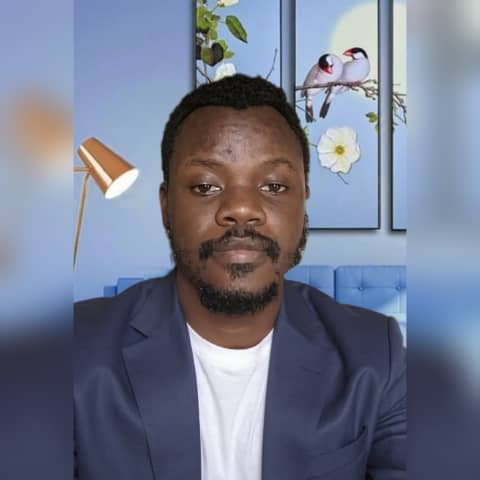
Samuel Dayo creates high-quality content that resonates with readers. His work spans governance, culture, business, and tech.

